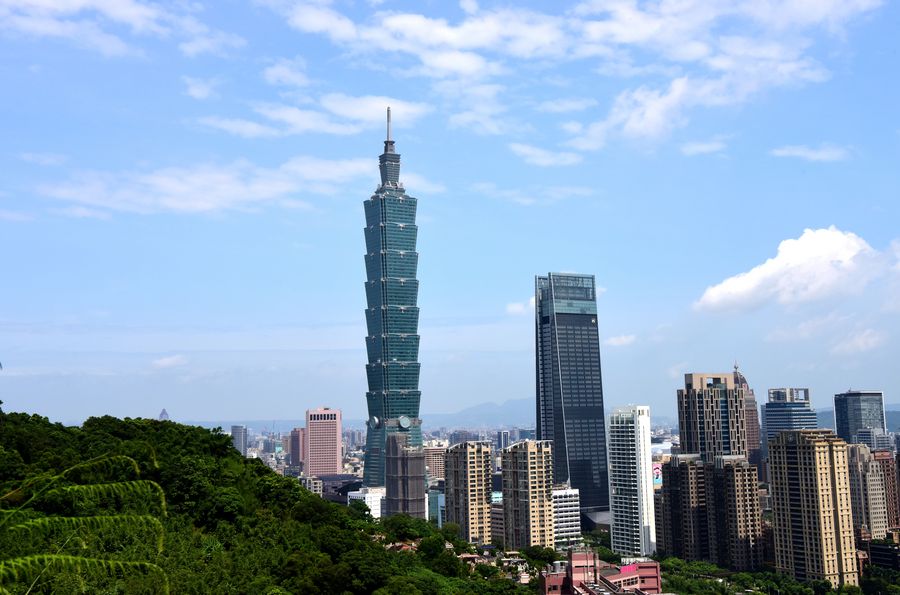1992 Consensus key to cross-Straits peace


Taiwan "minister" of health Chen Shih-chung, who is also heading the fight against the novel coronavirus on the island, recently claimed that they planned to buy 5 million doses of COVID-19 vaccines from Germany-based BioNTech company, but the deal fell through because of opposition from the Chinese mainland.
However, reports show that the Shanghai-based Fosun Group had inked a deal with BNT in March 2020, making it its exclusive agent in China, Taiwan region included.
So how could Taiwan bypass this exclusive agent to buy the vaccines? Clearly, it is a case of Chen trying to break commercial rules and not the mainland imposing any political terms.
In her address ahead of the Chinese Lunar New Year, Taiwan leader Tsai Ing-wen said that the key to cross-Straits peace lies with the mainland.
Tsai's remarks are beyond absurd. Cross-Straits relations improved from 2008 to 2016 because both sides adhered to the 1992 Consensus. But Tsai refused to recognize the consensus on assuming power in 2016. It is Tsai's and her Democratic Progressive Party's actions that have given rise to tensions, so why put the blame on the mainland?
The day Tsai made those remarks, a media outlet in Taiwan held a survey in which over 90 percent of the 1,000 people surveyed said they believed cross-Straits tensions will continue.
Tsai and Chen are spreading falsehoods to cover up their own failures. Despite making tall claims about "R&D and purchasing" vaccines, Chen has not directly managed a single vaccine shot on the island.
While running for office, Tsai talked about maintaining the "status quo" with the mainland, but soon after being sworn in she sought "independence". After doing everything to upset peace and stability in the Straits, she now wants the mainland to shoulder the blame.
However, blaming the mainland will not solve the island's problems.
Cooperation on the basis of the 1992 Consensus is the only way to a better future.


































